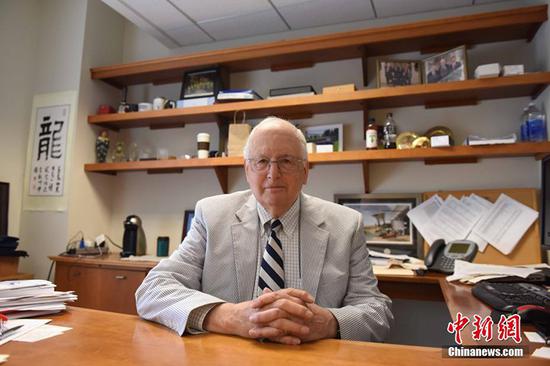
(ECNS)-- The U.S. has repeatedly proposed dealing with China "from a position of strength" to put pressure on China. Is it feasible? How should U.S. and China deal with each other? In the latest "W.E. Talk", CCG President Wang Huiyao talks with J. Stapleton Roy, former U.S. Ambassador to China.
Ambassador Roy, a senior U.S. diplomat, was born in Nanjing and spent his teenage years in Chengdu, Shanghai and elsewhere in China. He believes that the U.S. must stop thinking in terms of dominance. The U.S. and China should shoulder their responsibilities as great nations and not let the differences in their systems block cooperation.
Here’s an excerpt of the dialogue:
Wang Huiyao: You are a seasoned diplomat. You were in China for so many years, even during your childhood. So what’s your take on the past, present, and future relationship between the U.S. and China?
J. Stapleton Roy: For much of the last 50 years, the United States was confident that China's growing wealth and power did not threaten vital U.S. interests and that their differences could be managed by diplomacy and engagement. That is no longer the case.
A starting point to understanding what has happened is to recognize that the United States and China are both in the midst of fundamental transitions that affect their respective places in the world. The United States is seeking to adjust to an international situation in which it is no longer the sole superpower. This is not so much because of a decline in power, but because other countries have risen to major power status and China, of course, is the first and foremost example of that. A new multi-polar world is emerging. Not surprisingly, the United States is reluctant to give up the dominant position it has occupied since the end of the Cold War and to accept the adjustments that must be made in order to establish a new equilibrium. At the same time, there is no question that the social and political polarization that has been a prominent feature of the U.S. domestic scene over the last half decade has damaged the international image of the United States and the perception of its reliability as a great power. China, in turn, in a remarkably short period of time, has regained the wealth and military strength that are the attributes of major powers. This has altered the psychology of the Chinese people. And it has changed Chinese behavior patterns, which have become more assertive. These are two of the key background factors that have influenced the sharp plunge in the bilateral U.S.-China relationship, to the lowest depths in half a century.
Fortunately, despite some superficial similarities, the Biden administration is fundamentally different from his predecessors. The Biden administration is moving carefully, to iron out internal differences and adopt sustainable policies. Of particular importance for U.S.-China relations, the administration has reaffirmed that it would adhere to the one-China policy and that it does not support independence for Taiwan, it is also seeking a pattern of regular consultations between Beijing and Washington.
A hard-line American approach to China does not mesh well with the interests of U.S. allies and friends in East Asia who do not wish to see the region polarized. In other words, the United States that tries to work with our friends and allies will discover they do not support a hard-line approach to China, and I think that will have an impact overtime.
Wang Huiyao: We hope to reduce all frictions on both sides through dialogue. One of the things that is of great concern, is tracing this origin of the virus from a lab. I don't know if you have any comments on that, Ambassador Roy.
J. Stapleton Roy: A very brief comment. This, in particular, is an issue on which we should be cooperating and not fighting each other. I think it is important to trace the origins of the virus and we have our own views about how that should be pursued. But the basic point is the pandemic threaten every country in the world and if the two leading countries in the world are unable to cooperate in dealing with the common threat, then there's something wrong with both of us and we need to consider what the problem is that is preventing us from cooperating on this vital issue.
Wang Huiyao: There is a saying now in the U.S. – “China doesn't converge with us and has not become one of us." So you'll see that China has its own unique system and even fighting COVID with that system seems to have some advantage. It doesn't have to exactly converge with the U.S. So what's your take on the future development between China and the U.S., from the perspective of a former American ambassador and a very experienced China hand?
J. Stapleton Roy: You can't have a new equilibrium if either China or the United States are setting dominance as a goal because the other side will not accept it. You have to have a balance of power in East Asia, otherwise we're going to be continually in strategic rivalry with each other. That's one reason why I think it is absolutely wrong to think that our dominant factor has to be strategic rivalry. Because strategic rivalry always focuses on the military component. And that ends up generating an endless arms race in which resources are diverted away from economic development into military development. Now here I think the United States has to stop thinking in terms of dominance, and I think the Biden administration was wrong by introducing this concept of "dealing with China from a position of strength". Anybody would understand that China would never accept that as a basis for the United States to deal with China.
And that means that national interests also have to be defined in a way that doesn't exclude that possibility. So I think there is enormous scope for China and the United States to stop looking at the world in terms of their own domestic driving factors. And I understand that they have to look at the external circumstances in the world in an objective way and then formulate foreign policies that are compatible with the international circumstances in which they have to operate and gain domestic support for that approach. The United States is not yet doing that, for example, if we look at East Asia, where all of the countries of East Asia have more trade with China than with the United States. It is clear that if we ask Asian countries to choose between China and the United States, they are not going to want to do so because they have very important interests with China. So we have to understand that and our foreign policy approach to China and the way we talk about China must not be put in ways that require countries to choose between a “good United States” and a “bad China” - that's the wrong way to formulate our foreign policies.
Wang Huiyao: Qin Gang, the new Chinese ambassador to the United States, has arrived in the U.S. and delivered a speech. He mentioned that 50 years ago, Dr. Kissinger visited China secretly and knocked on the door of China. The door to Sino-U.S. relations has been opened, and it will not be closed. What do you think of Qin Gang's arrival?
J. Stapleton Roy: I think the visit to Beijing by Dr. Kissinger 50 years ago is well worth commemorating. Because it illustrated that when national interest is served by cooperation, differences in political and social systems do not have to block that cooperation. The problem with differences in systems, which has become a big issue in the United States in terms of thinking about China, is that at some level, it does influence cooperation, but it shouldn't block it, if it's in the national interest to cooperate.
There are forces in the United States that want to block our cooperation with China because of the differences in our political systems and we need to rethink about the Nixon and Kissinger opening to China at a time when there couldn't have been bigger differences between our domestic systems and China was at the heights of the Cultural Revolution. And in my judgment, if we look at what the world requires as our responsibilities as great nations, it is clear to me that the lesson of Kissinger’s visit to China is, when it is necessary to have cooperation between China and the United States: We should not let the differences in our systems block that type of cooperation. So I think it's a very important visit. Historically, it created the possibilities for the United States and China to create enormous common interests and those common interests in my judgment continue and we have to find ways to cooperate in promoting them.








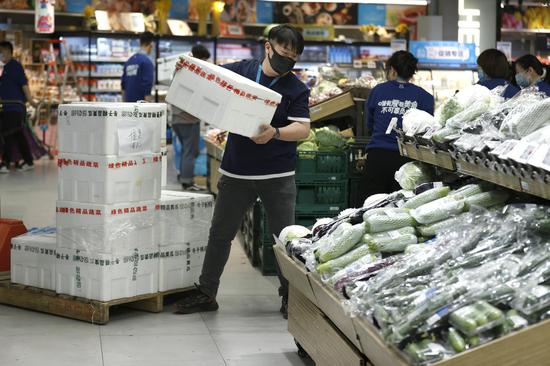
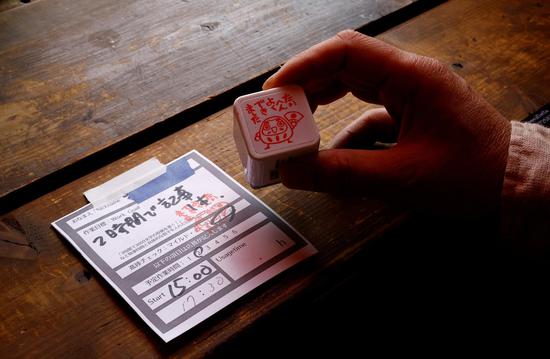
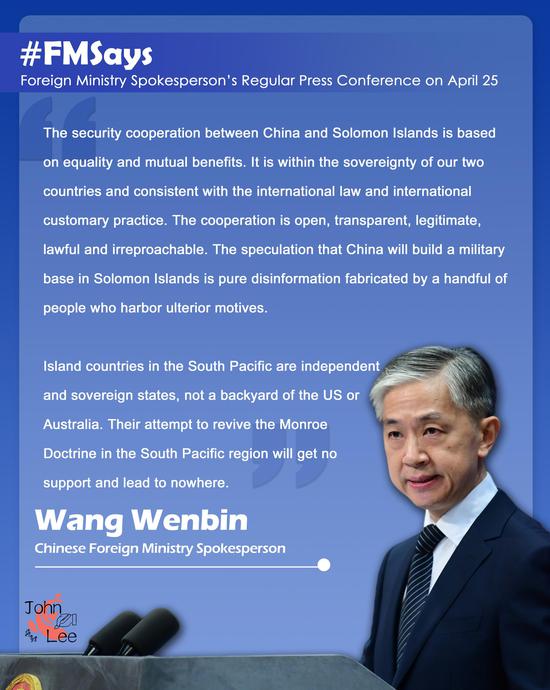
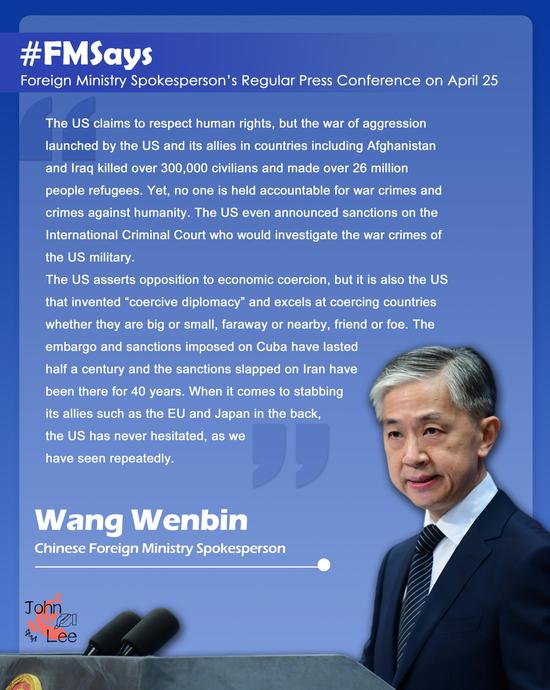
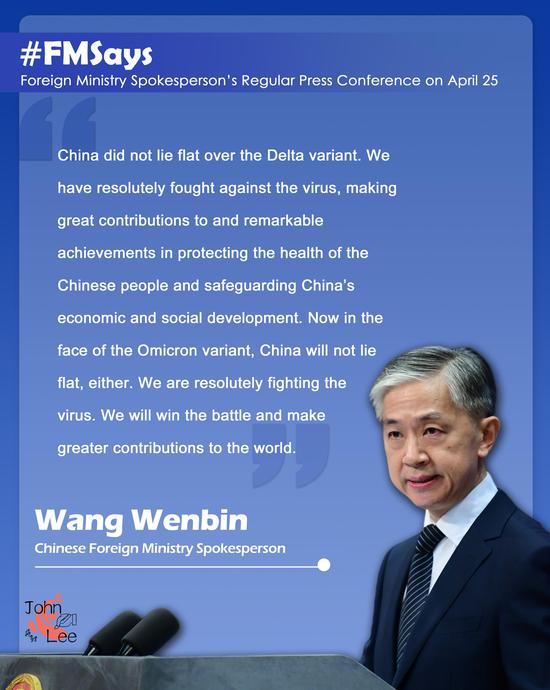
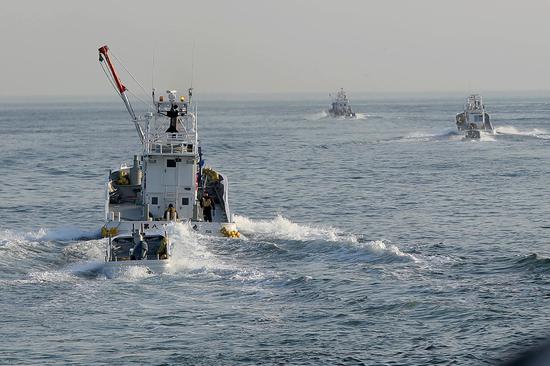
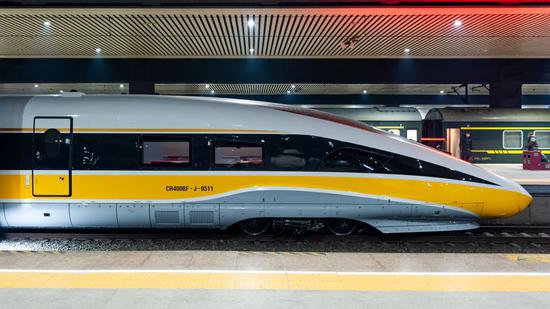
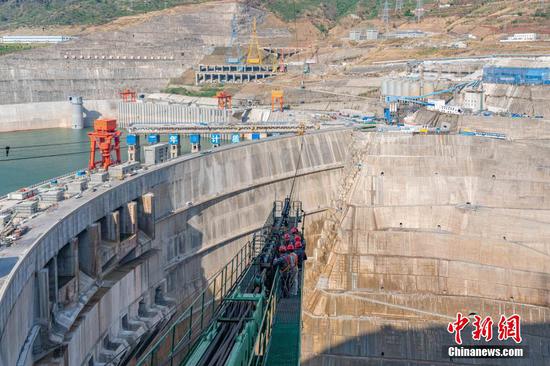



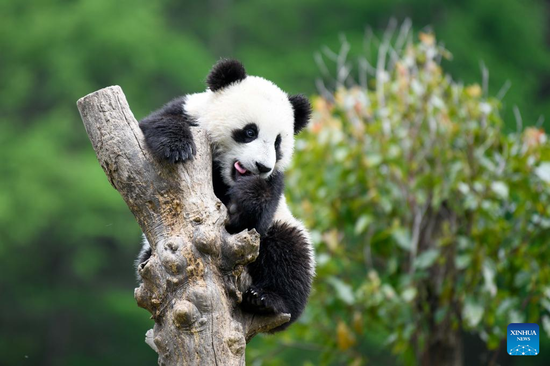

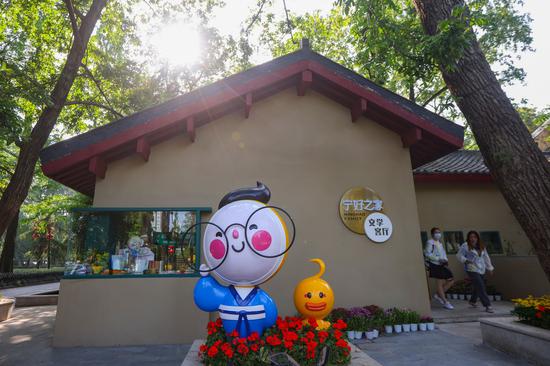
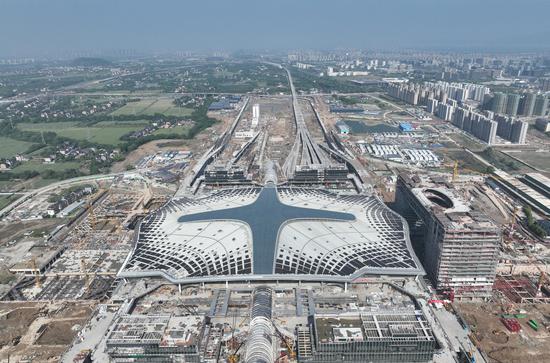
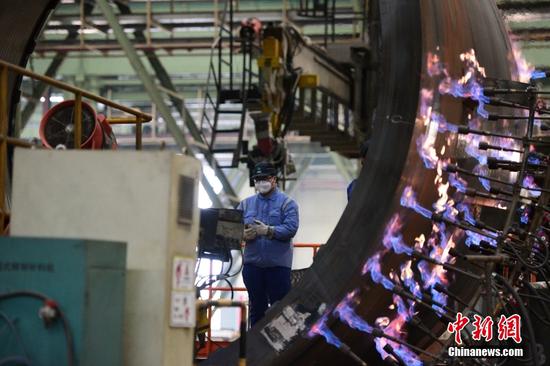

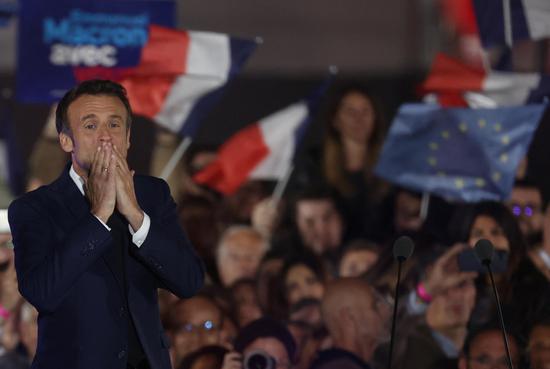
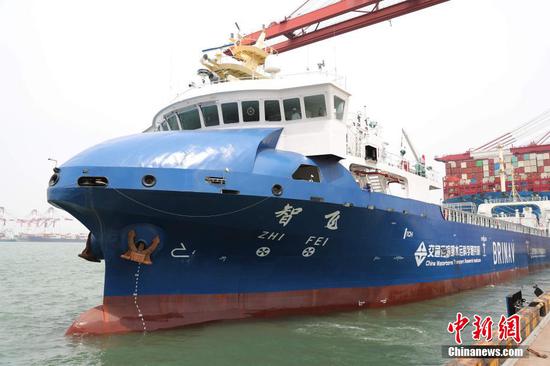

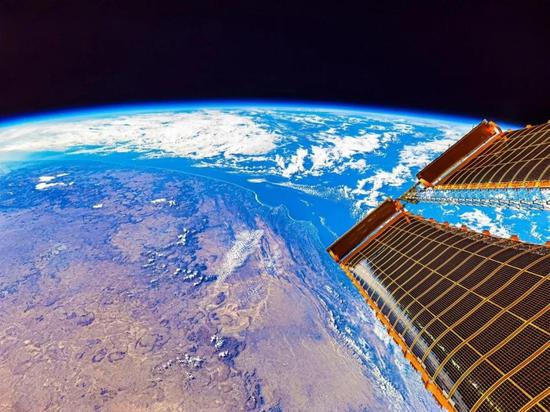



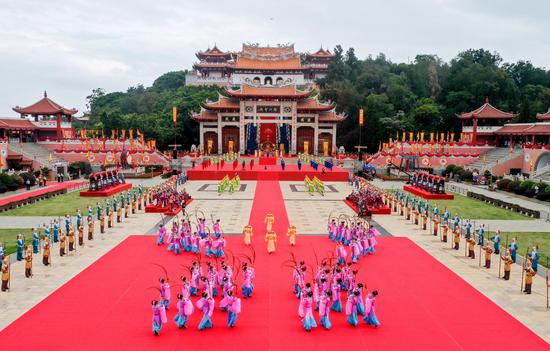
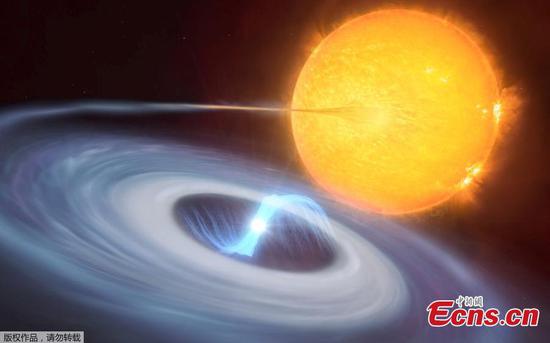
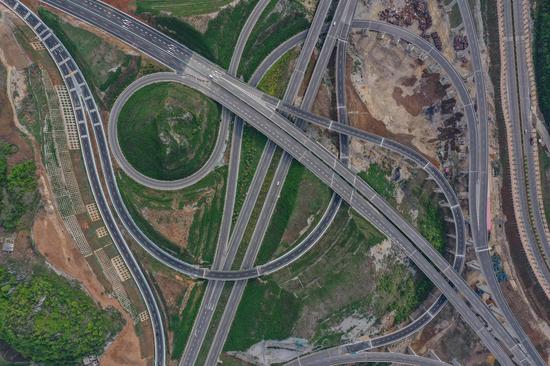
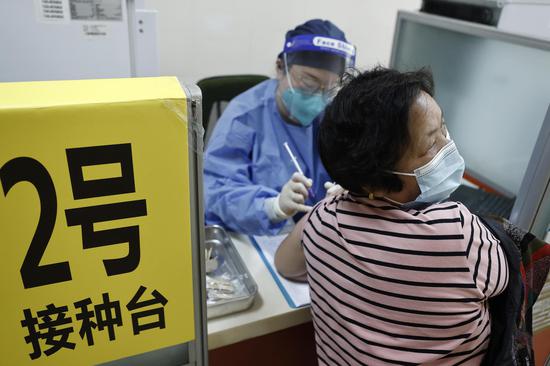
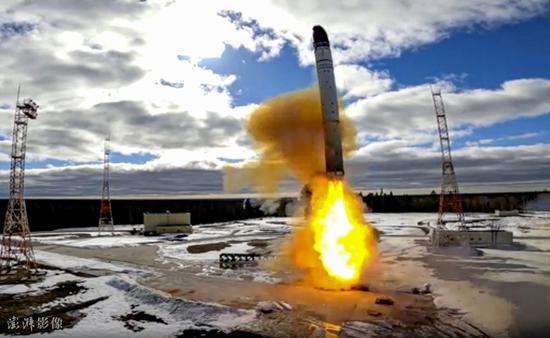
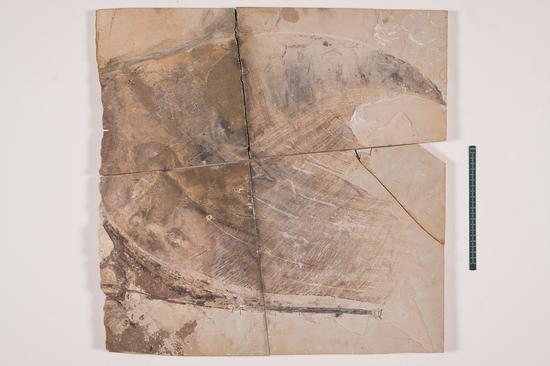
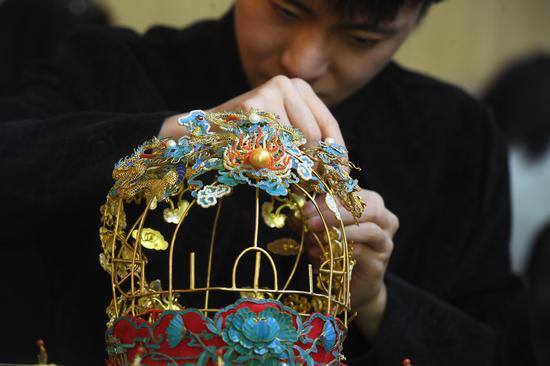


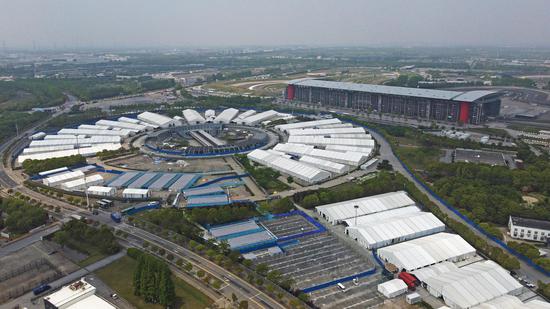


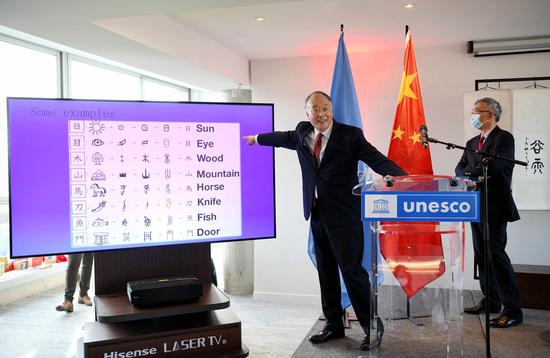





 京公网安备 11010202009201号
京公网安备 11010202009201号